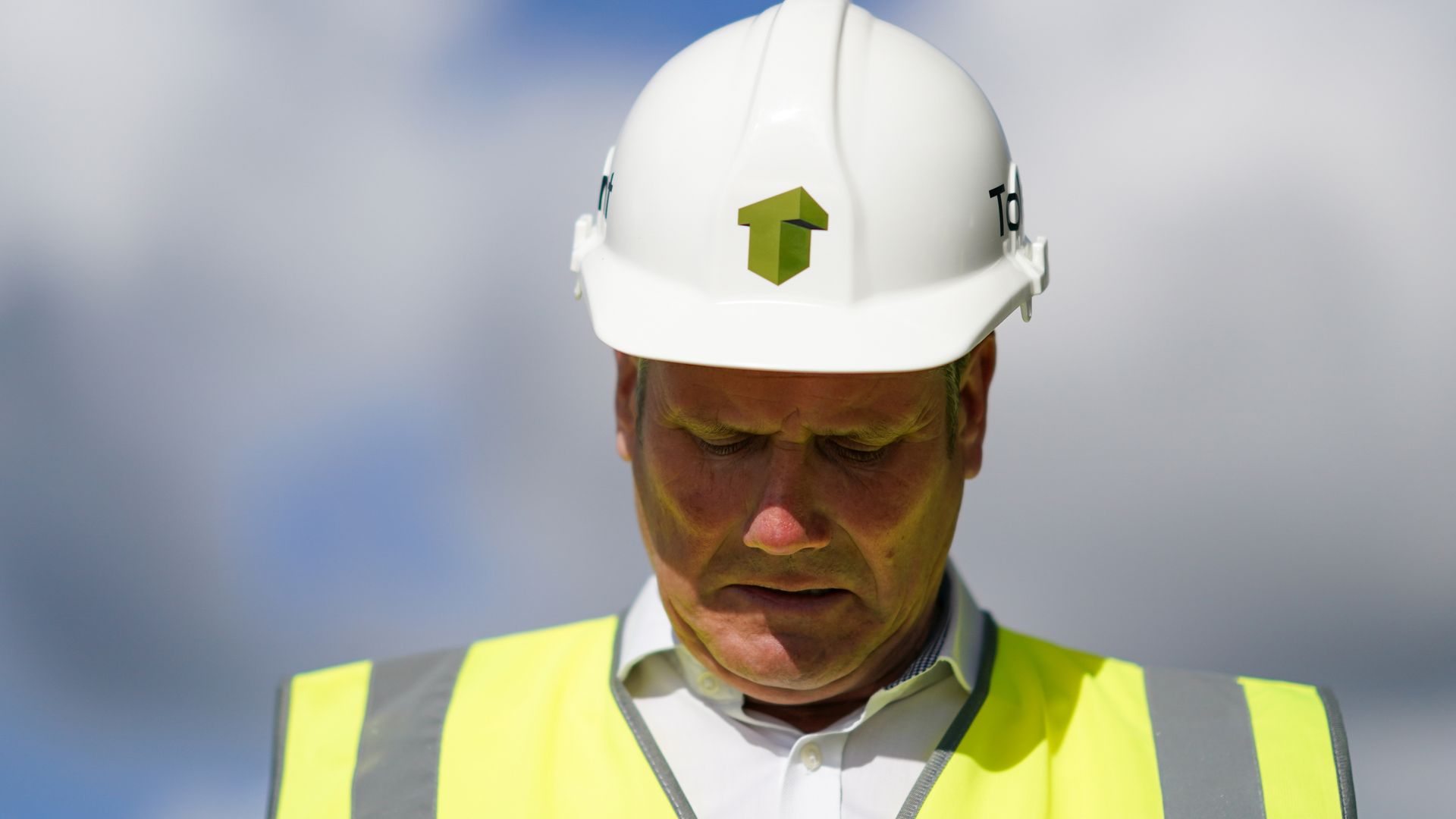Four years is a long time in politics, not least because four years is quite a long time full stop – and given how frenetic the previous four years have been, it’s perhaps not surprising that our recollections of that era of politics are hazy at best.
It is worth sharpening the image, though, because the imagined political realities of the early 2020s are hugely significant for the election of 2024 – because it was during this period the Labour Party held the contest as to who should replace Jeremy Corbyn as leader, and when the party’s various big beasts made the decision as to whether or not they should stand.
Most of them decided not to do so – the result being a three-way contest between Lisa Nandy, seen as the biggest break from Corbynism, Rebecca Long-Bailey as the continuation of it, and Keir Starmer as the compromise candidate, who went on to win comfortably in the first round.
The contest was something of a muted affair because of the enormous scale of the drubbing Labour had received in Boris Johnson’s snap general election at the end of 2019. Corbyn supporters still try to take the edge off quite how bad this result was, but it saw Labour with the lowest number of seats since 1935. Labour held on to just 202 seats – 163 fewer than the Tories – and Johnson had a commanding majority of 80.
It was taken as a given that Johnson would be prime minister for at least two terms and that Labour was out of power for at least a decade, if not more. The result of that reasoning, which was almost universal, was that Labour wasn’t looking for its next messiah, be that Blair or someone radically different from him – it was looking instead for someone to hold it together for a while, so the party could recover.
When off the record, Labour MPs and party figures would generally say that what Corbyn’s successor would have to do would resemble roughly what Michael Howard did during his leadership of the Conservatives in the 2000s.
The leader would need to hold the different factions of the party together, help bed in and bring up some new talent to lead the party in the future – in this instance David Cameron and George Osborne, both of whom got shadow frontbench roles under Howard – and who could win back some lost core voters at the next election, to get the party in striking distance of a majority for the election after.
In other words, it was essentially an advertisement for the political equivalent of the caretaker manager of a football team. Cheer up the fans, get the players on the pitch, don’t rock the boat too much – that’s for the next guy.
Keir Starmer essentially got the gig by being an unknown quantity, not least thanks to spending most of the previous decade in a career in which he couldn’t publicly discuss his politics, and then quickly getting a frontbench job – obliging him to toe the party line rather than set out his own views – once he was in politics.
As a result, Starmer won by and large because he was no-one’s least favourite choice, rather than because the party loved him. People were reconciled with not really knowing what he was like because they didn’t expect him to become prime minister.
Four years on, and almost everyone expects Keir Starmer to be prime minister – but that sense of still not really knowing who he is clearly remains, showing most obviously in the uncertainty about what he wants to do as leader.
Because he is such an unknown quantity, people don’t know when to take him at his word, not least because Labour seems to change its stances so often. Is it committed to green investment or not? Will it strengthen workers rights in its first 100 days? What is the stance on the bankers bonus cap today?
Keir Starmer’s strength is his weakness too – he is the leader-by-default that might become the most politically powerful Labour prime minister since Tony Blair. Perhaps the endless will-they-won’t-they on Labour’s policy commitments is just who he is – but it shouldn’t be surprising that no-one seems all that sure about what they bought when they signed on the dotted line.










